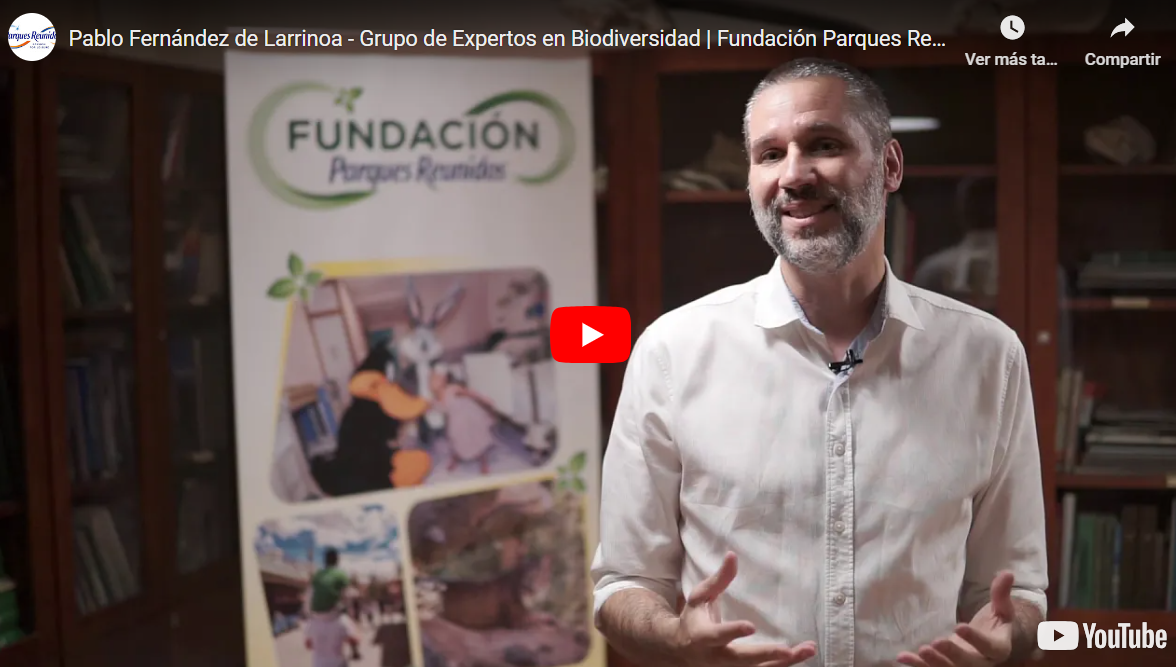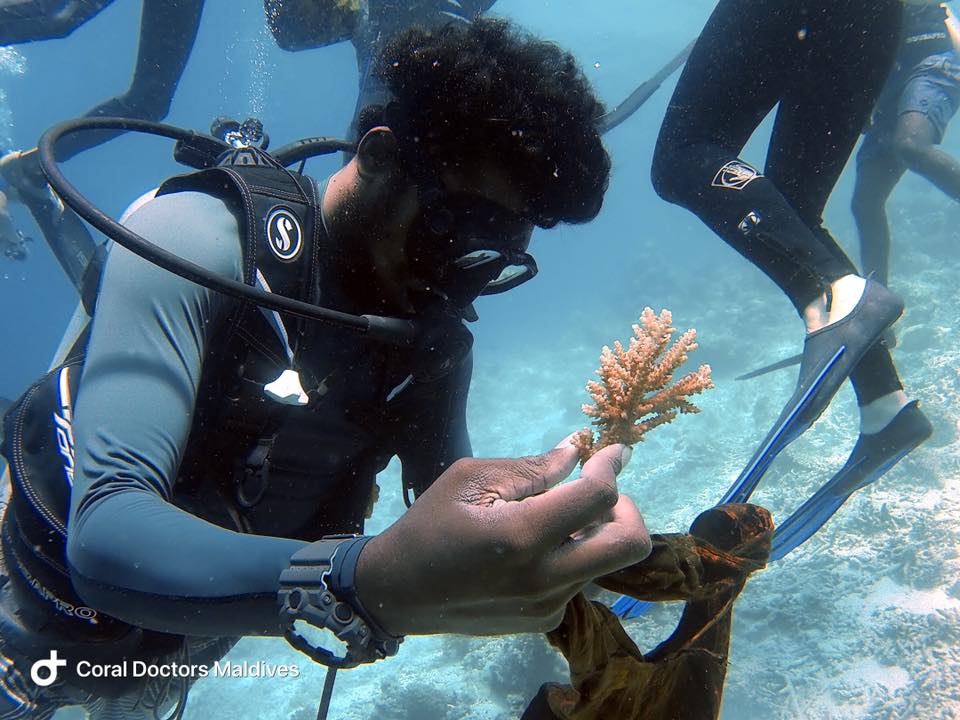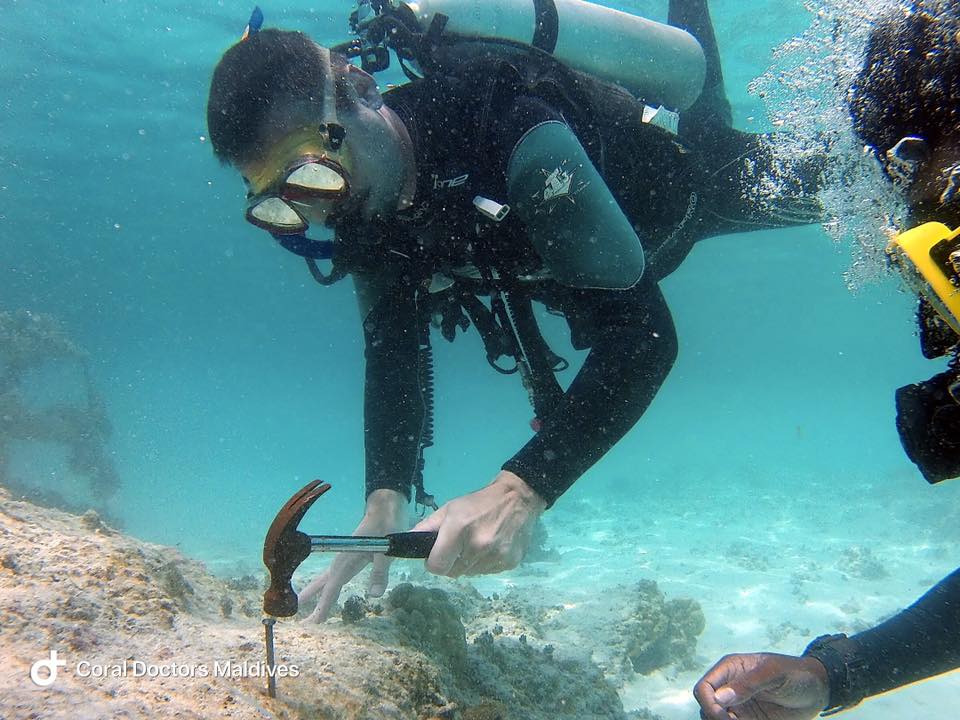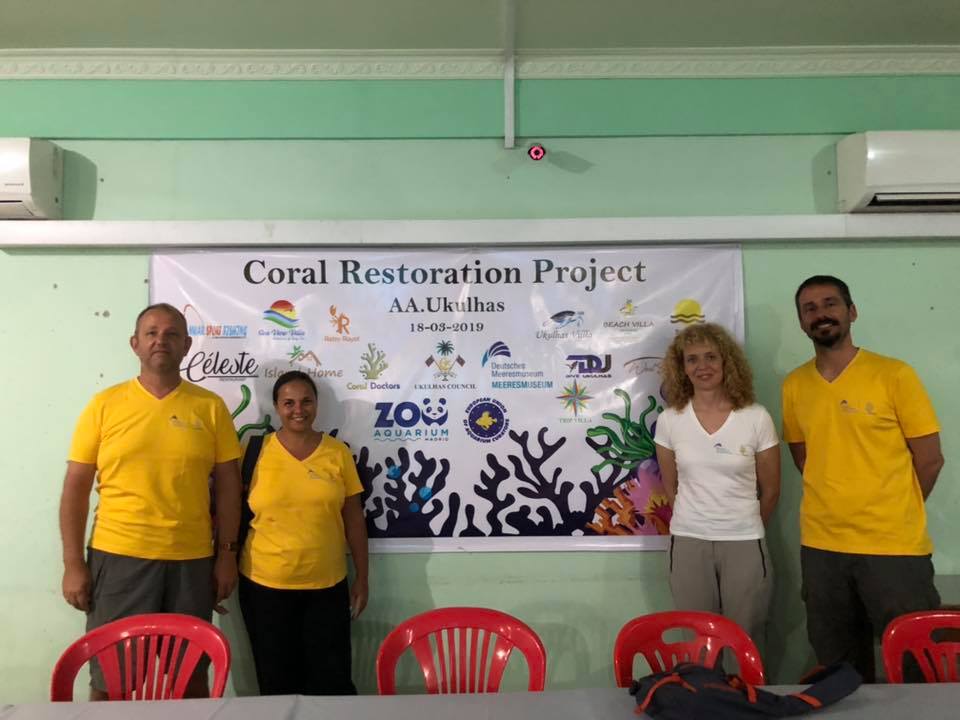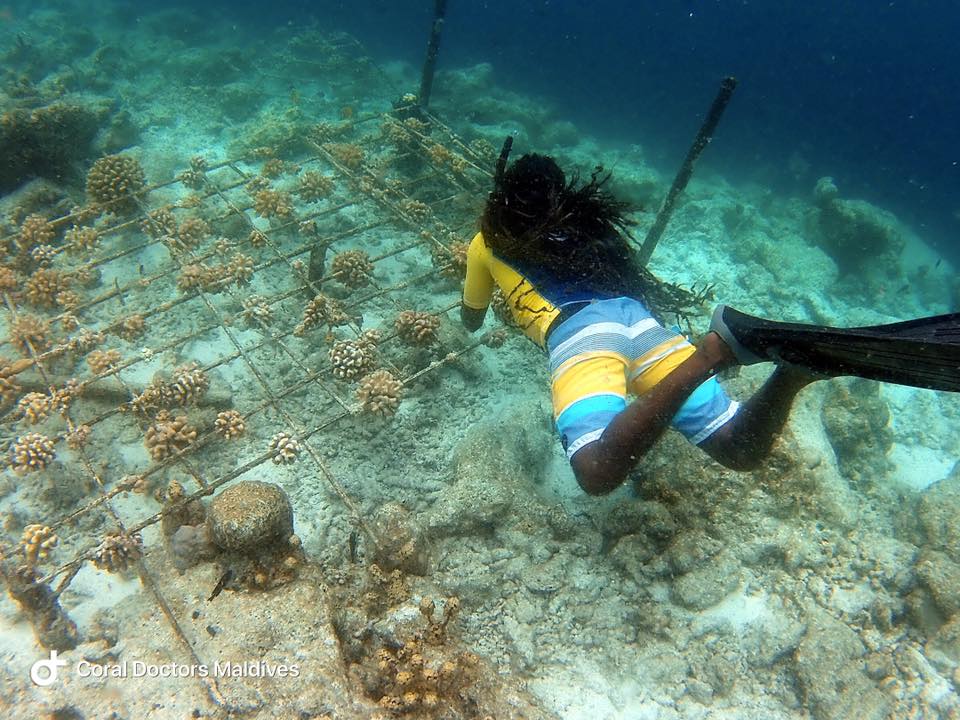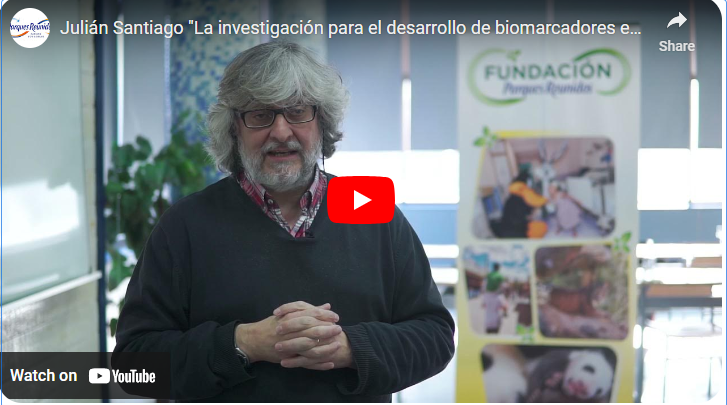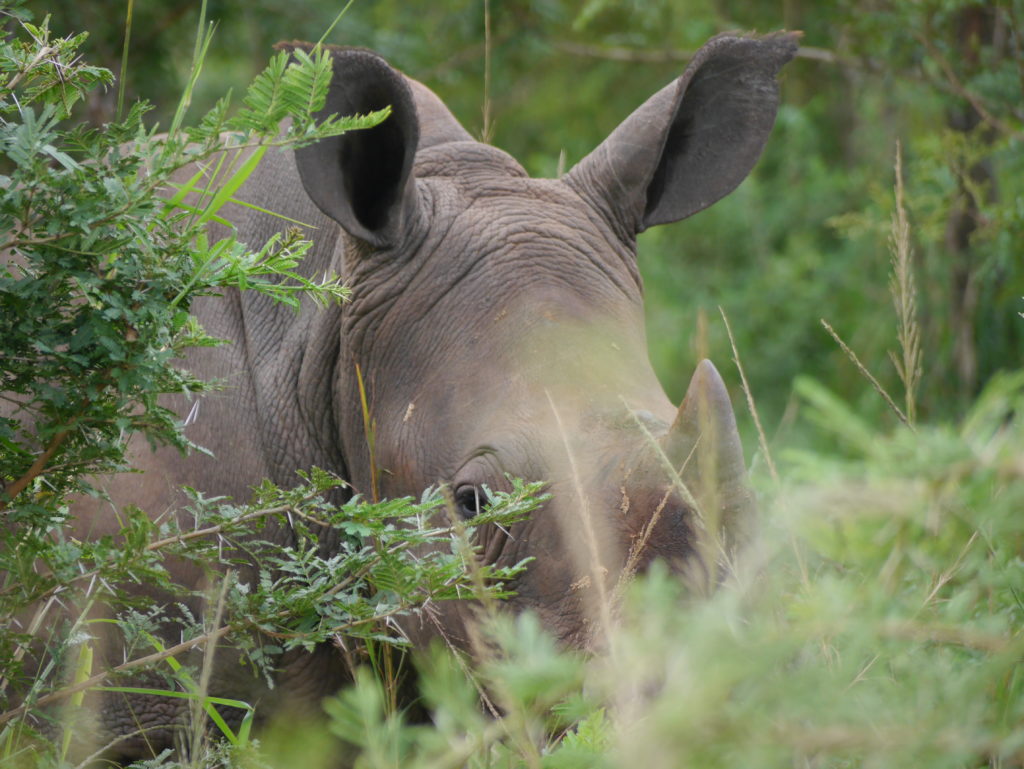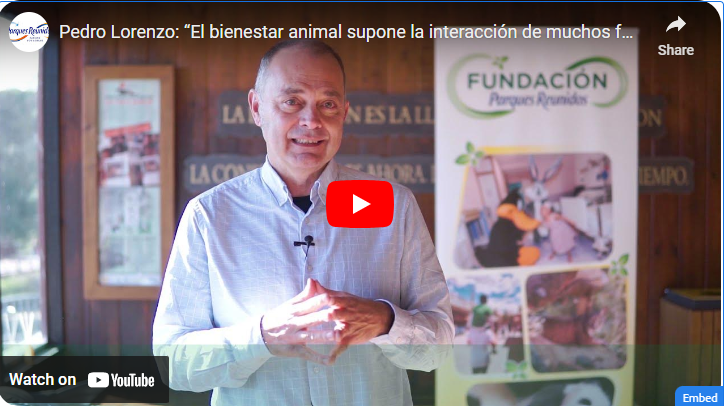Since 1998, the oncean’s temperature has risen at a constant rate. This data should not surprise us if we consider that oceans can absorb up to 93% of the heat contained in the greenhouse gases produced by men. In 2016, a new massive coral bleaching episode affected many formations of coral reefs, among which were included the Maldives Islands.
THE IMMINENT THREAT OF PLASTIC
Plastic has become an undeniable danger for marine biodiversity. As a living organism, corals are also victims of this new threat. A 2018 study published in Science magazine estimated that 11,100 million plastic items are already lying and tangled among corals all around the world. Unfortunately, this number will not cease to increase.
The harm that plastic causes to corals is particularly worrying. Just like sea turtles mistake plastic bags for jellyfishes -which are their many source of food- coral are also consuming microplastics. The difference is that corals don’t just mistake plastic for food, rather they seem to “like” some of the chemical components of plastic, which makes their exposure even more dangerous.
THE PARQUES REUNIDOS SPIRIT IN MALDIVES
Even though corals are animals that can recover very quickly from harm, a study published by UN Environment showed that corals are at going through a critical time for their survival because pollution and global warming are much more acute than in previous generations.
Thanks to the support of the Parques Reunidos Foundation, the Zoo Aquarium de Madrid and its curator Pablo Montoto have been able to participate in the project launched by the Meeresmuseum de Stralsund (German Oceanographic Museum) and the German association Coral Doctors to conduct field courses to educate in the restoration of coral reefs in the Maldives Islands.
